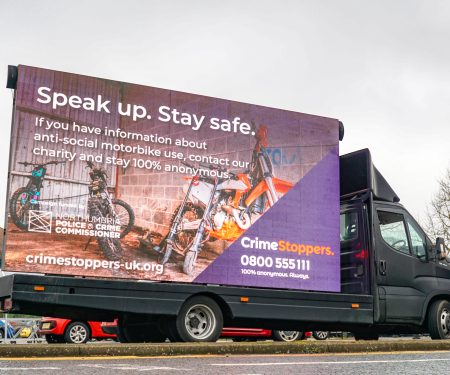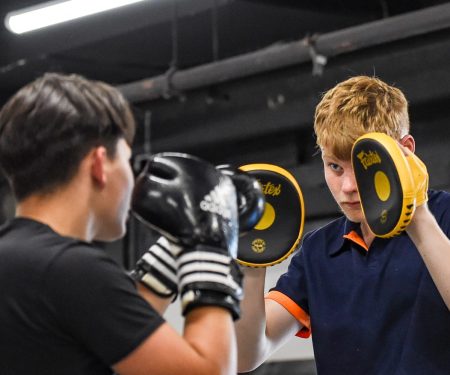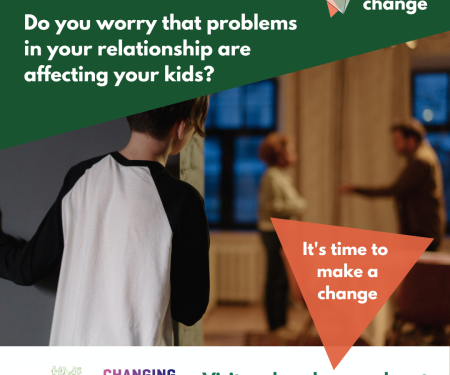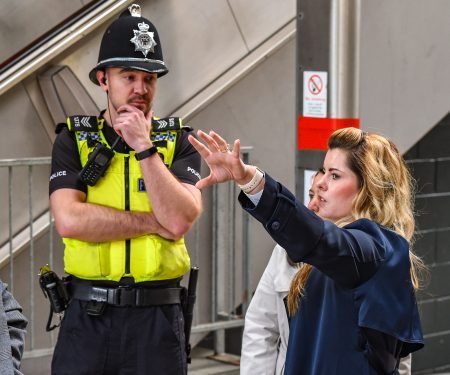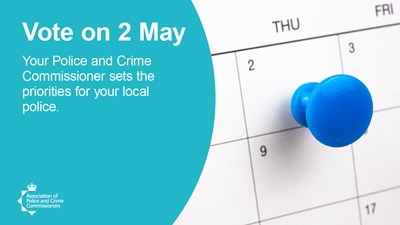
‘We can’t let the North East become the worst hit region for youth unemployment, and urgent action is needed’, warns Police and Crime Commissioner, Kim McGuinness.
Her calls for action follow recent predictions from the IPPR that the unemployment of young people in the UK is set to become the highest on record.
Their research suggests that without further government action there will be an extra 620,000 young UK citizens unemployed by the end of the year.
Citing this research the Commissioner said that tackling youth unemployment not only needs to be at the centre of our regional recovery plans, but there also needs to be a complete overhaul of how we support our young people into employment, and that needs to come from the top.
She has urged the Government to make youth employment a priority in the upcoming spending review.
Kim McGuinness, said: “I am more worried than ever for our young people. Youth unemployment is set to go through the roof. We can’t let the long-term impacts of this virus be underestimated. We can’t see these headlines that youth employment could rise to two million, and do nothing about it. Some regions are going to be hit harder than others. It’s not an even playing field and I for one don’t want the North East to get the ‘worst in the country’ label.
“Let’s face it, a lot of the jobs filled by young people in our bars, our gyms, our shops – they were the first to disappear in lockdown and they’re the last to come back, and that’s if workers are coming back from being furloughed at all.”
Last year the Commissioner set up a Northumbria Violence Reduction Unit setting out plans across the region to improve lives and prevent crime. In recent months the unit has been working with local organisations such as Movement to Work and the Newcastle United Foundation, trying to increase work experience opportunities and develop the skills that can get young people into work.
“We all know that unemployment goes hand in hand with high crime rates.” Kim said. “That’s why we’re doing everything possible to support young people and ensure they have opportunities right here on our doorstep, but the Government needs to act fast and address the bigger picture.”
According to the Youth Voices Census Report 2020, young people who had experience of being NEET, not in Education, Employment or Training, highlighted lack of work experience and anxiety as being the top two barriers to getting a job, and these views were captured largely before Covid-19 struck.
Kim added: “I’m proud of many of the young people in our region who have had to adapt to big changes and disruption overnight. School have been closed, exams cancelled, and they’ve also had lots of their independence and face-to-face support networks stripped right back. So we need to ask – is the Government meeting the needs of young people right now, are there enough local opportunities and are we looking ahead to their futures?”
Our Stats
Latest Northumbria PCC News
You can also have a read of our recent Newsletters

